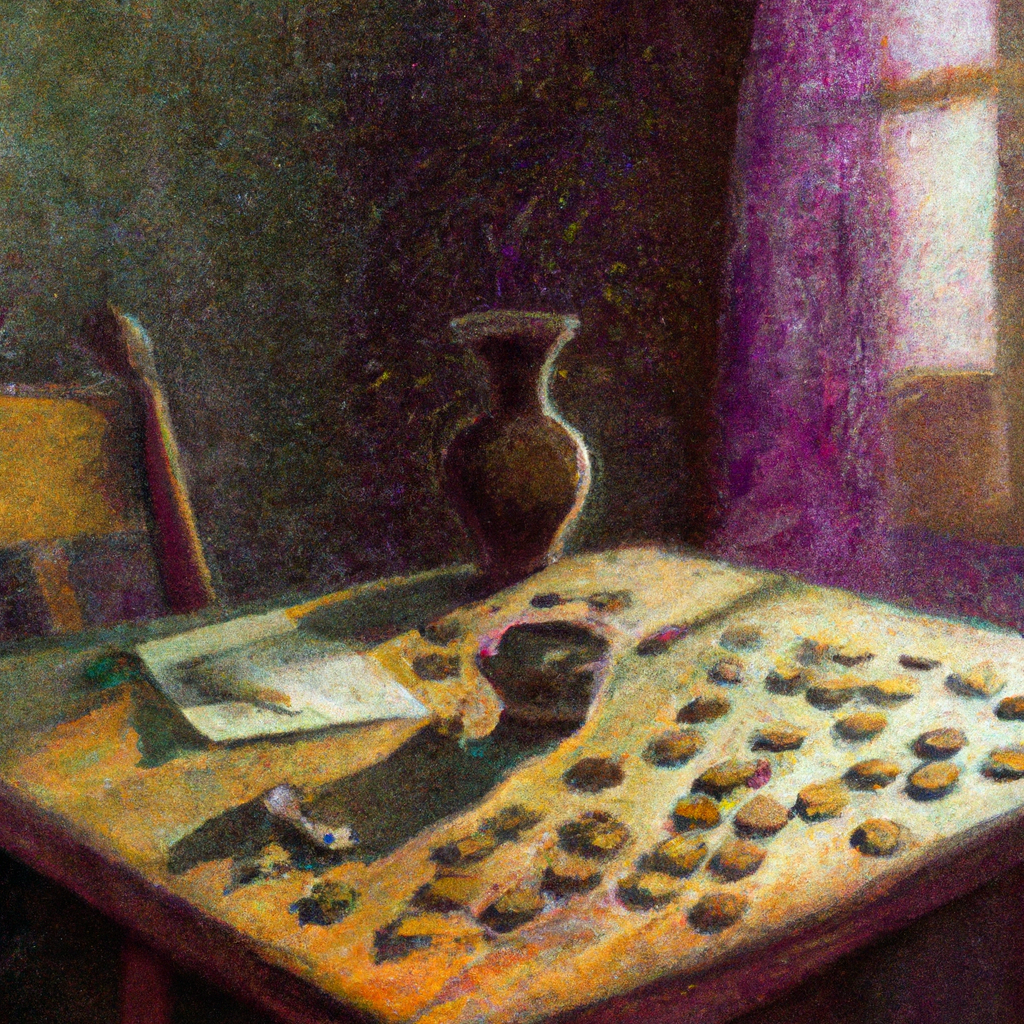December 15: Luke 15 Devotional
Embracing Redemption:
First Look
Journeys through sacred scriptures such as the Bible can give peace and valuable insights, whether you’re a spiritual enthusiast or looking for solutions to profound life concerns. This blog post labors through Luke 15, a powerful chapter loaded with parables preaching about God’s unwavering love and the thrill of hope. We discover the purity of repentance and salvation hidden within the simplicity of everyday life experiences. Each story teaches us a beautiful lesson as we travel the path to spiritual enlightenment.
Understanding the Parables of the Lost and Found
The Sheep Who Got Away
Luke 15 begins with a parable about a shepherd who has lost one of his hundred sheep. We analyze the story of the lost sheep using knowledge wrapped in metaphors. Individually and collectively, the sheep represent humanity.
- Hope and Diligence: The shepherd signifies the divine entity always looking for us, no matter where we go. It recognizes the worth of each sheep in the same way as God does.
- Redemption Joy: When the shepherd finds the lost sheep, he rejoices, symbolizing God’s joy when we errant souls find our way home.
This parable challenges our perceptions of importance and reminds us that everyone is essential from God’s perspective. It teaches us about God’s compassion for the lost and our responsibility to reach out to and seek out spiritually lost people. The reward for recovering that solitary lost person is so high that it becomes a cause for celebration. “Rejoice with me; I have found my lost sheep.”
The Misplaced Coin 
The second parable talks about a woman who loses a coin and meticulously sweeps her entire house until she finds it. Once found, she encourages her neighbors to join her in her delight, demonstrating the worth of a lost soul in God’s eyes.
- Repentance and Rejoicing: The joy of rediscovering ourselves and others’ enjoyment of our transformation might inspire inner introspection. It transcends worldly ambition into the depths of moral healing.
- Irreplaceable Value: Each lost coin has an irreplaceable value, a poignant reminder that everyone has a unique place in the divine pattern.
At first glance, this story appears simple, but it conveys a profound lesson about God’s love for us. God cherishes everyone on Earth in the same way as a woman values each coin in her possession. God pursues us with unwavering love, no matter how unimportant or lost we feel. The value God lays on us never diminishes; it is validated not by our deeds or inactions but by His love for us. The joy He takes in rescuing each lost soul is a lovely reminder of His constant love for us.
The Return of the Prodigal Son
The younger son’s decision to squander his fortune in the Prodigal Son parable echoes our frequently erroneous life choices. On the other hand, the father’s unconditional acceptance of his son’s homecoming imparts a poignant lesson of love and forgiveness.
- Personal Responsibility: The younger son’s recognition of his errors represents our acceptance of personal responsibility, which serves as a catalyst for transformation.
- Unfailing Love and Forgiveness: The father’s joyful acceptance reflects God’s incomprehensible forgiveness and love, shedding light on the true nature of redemption.
This parable emphasizes God’s fantastic kindness and forgiveness toward sinners who repent and return to Him. It reminds us that no matter how far we’ve strayed or how inadequate we feel, God is always waiting to welcome us back into His loving embrace. Despite our imperfections and mistakes, our Heavenly Father always eagerly welcomes us back home. Our bad decisions cannot deplete his love. God’s forgiveness is not limited or grudging, but abundant and free, sustaining us spiritually. We still have a home with Him, no matter what we’ve been or done. That’s something worth celebrating!
When a lost soul returns home, Luke 15 brilliantly creates a compassionate show of God’s unwavering love and happy celebration. It rekindles faith and hope and inspires thought, promoting internal growth, personal acceptance of responsibility, and awareness of the divine love surrounding us. We adjust our life compass toward completeness and enlightenment as we delve deeper into these lessons. May these devotions be a light guiding us home amid life’s clamor and confusion.
“This son of mine was dead and is alive again; he was lost and is found.” (Luke 15:24)
Let’s promote an environment of love, understanding, and forgiveness as we accept the substance of the devotions in Luke 15 and move forward on our spiritual journey. Find your way back home; welcome the prodigal within you!